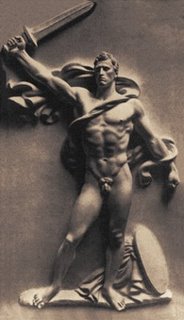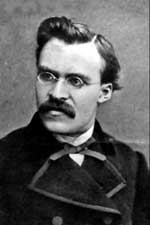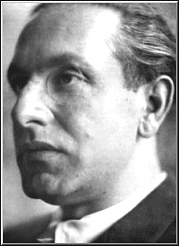
Felice Vinci,a nuclear engineer with an extensive background in Latin and Greek studies in his ground-breaking work, `The Baltic Origins of Homer`s Epic Tales. The Iliad, The Odyssey, and the Migration of Myth` puts forward the theory that the Homeric tales have their origins in real historic events in the Baltic area of northern Europe, not in the Mediterranean as scholars for centuries have presumed.
Vinci uses the tools of myth, literary criticism, etymology and topography to build an argument that the events of the Odyssey and Iliad could not have taken place in the Mediterranean.
For one thing the topography of Greece and Asia Minor does not lend itself to the geographical locations and climate outlined in the two tales.
The only place in Europe where the climate and the topography seems to fit is in northern Europe. The present day etymology of many of the places referred to in Homer`s work are to be found in present day Finland, Norway, Sweden, Denmark and neighbouring northern countries.
Clearly the adventures and battles described in the Odyssey and the Iliad where there are frequent references to stormy,wet and cold weather, short days and long nights point to a climate radically different to anything known in southern Europe but rather typical of the very northern areas of Europe. He has found that places names referred to in Homer`s works can be found almost unchanged in the far north. Furthermore the distances between these places and their descriptions fit perfectly his northern scenario. He uses Homer`s `Catalogue of Ships` to convicingly show that the events of the Iliad could not have taken place in Asia Minor and the Mediterranean but only in the Baltic.
The nature of the Homeric heroes, their dress, customs, manners, behaviour and physical characteristics fit better with a Nordic and Germanic culture than a Mediterranean one.
Vinci not only provides page after page of evidence to support his theory from place name, climate and geographical/topographical evidence but also comparisons from Hyperborean myths and comparative Indo-European mythology.
He uses the same methedology to establish that the events of the Iliad could not have taken place on the site of Heinrich Schliemann`s Troy.
Homer`s tales are tales of a migrating northern European people who took their myths and history with them when they migrated south, probably as the result of climate change. Their influence on classical myth and culture is to be felt to this day.
The only discipline which has not been used to establish his theory is archaeology. Final and definitive evidence for his theory will only be found when the necessary archaeological excavations are eventually[if ever] carried out.
In the meantime his book gives us all food for thought!






